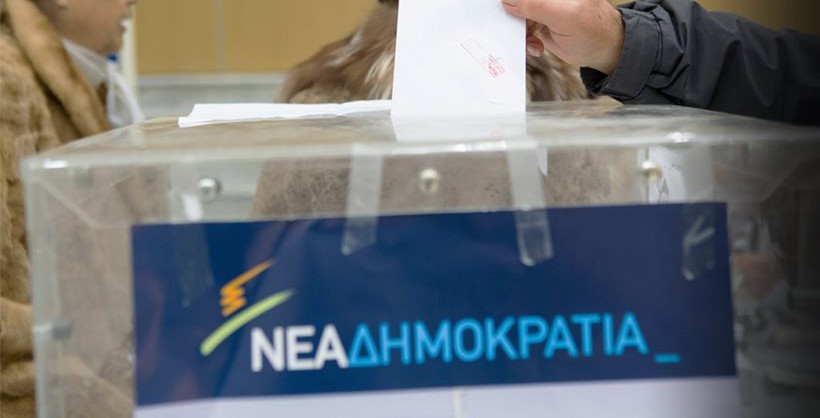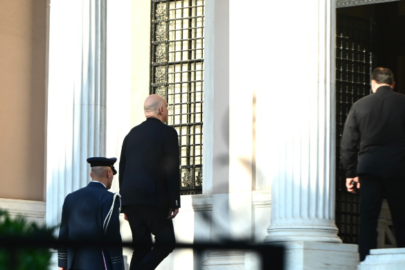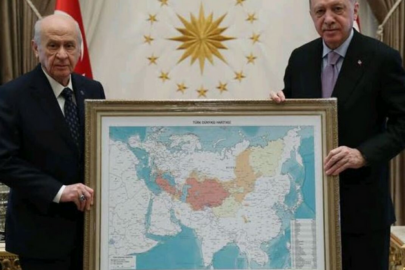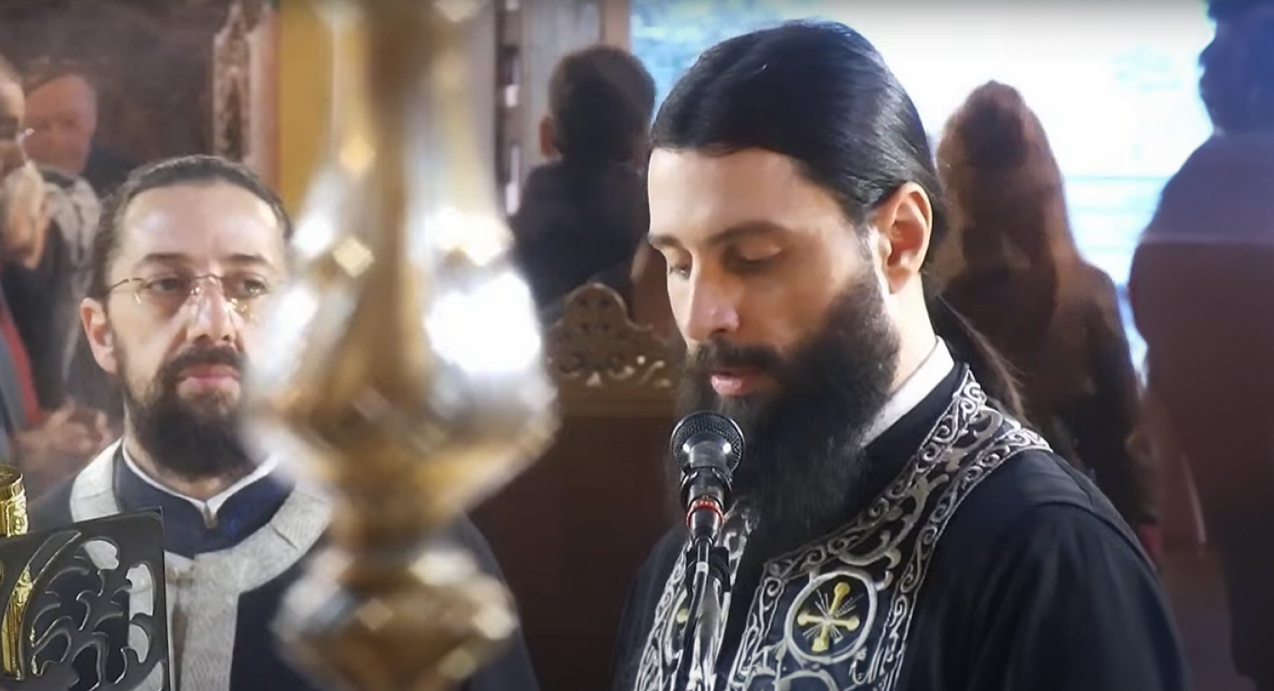24 hours after the polls closed for the leadership elections held by the conservative New Democracy (ND) party on Sunday, central election committee (KEFE) chief Yiannis Tragakis announced the 85% of the results showing a clear lead for former ND interim leader Vangelis Meimarakis at 39.51%, followed with more than 10 units difference by Kyriakos Mitsotakis, and Apostolos Tzitzikostas at 21.15% as well as Adonis Georgiadis who garnered 11.07% of the votes.
Though the votes have not been counted at 100%, we can still draw some conclusions from the results:
– The most impressive element of the elections was the high voter turnout at 400,000 people, twice that expected. New Democracy voters came in droves despite the election fiasco on November 22 that lead to the postponement of elections for a party leader due to “technical problems”. Rather than take a derogatory approach to the election process after three months of the party being without an official leader, the members chose to rush to the polls and send the message that the faction is still vibrant and a force to be reckoned with. The message was optimistic for the party bearking in mind that just one in four traditional members showed up to vote in the national elections held in September, compared to the elections of 2009 where more than 750,000 rushed to vote.
– The high voter turnout overturned the forecast that had been made regarding a derby between Meimarakis and Tzitzikostas. Back then, it was believed that a high regional turnout would have been in favor of Tzitzikostas. However, Meimarakis stood out as a clear leader showing that voters did not hold him responsible for the failed November 22 elections or the loss that saw the Radical Left Coalition (SYRIZA) party win the September elections.
– By huge party admission, the intervention of former prime minister Kostas Karamanlis in the last few weeks, had helped secure Meimarakis position. This shows that there is still a large cell of support for the Karamanlis family in the ND, and this helped give the lead to Meimarakis and weaken Tzitzikostas enough to place him third rather than in the second position. A key player in Northern Greece, Karamanlis boost the interim leader’s support and weakened the regional head in the area he most expected support from, hence he came second at Vellideio, the voting center where he himself cast his ballot. On his part, Mitsotakis did well in the 2nd region of Attica, but not in Northern Greece. His results managed to rival those of Meimarakis in regions around the Peloponnese and Epirus.
– The results showed that Karamanlis is a force to be reckoned with in the ND, however the same can not be said of former ND prime minister Antonis Samaras, who backed the candidacies of Tzitzikostas and Georgiadis.
– One of the surprises was Mitsotakis in the second place and this is, in most part, attributed to his well-planned and strategic campaign based mainly on television appearances. He also benefited from the clashes of other candidates (eg. Meimarakis-Tzitzikostas) that seemed to tire voters. He prefered to focus on promoting his program of reforms and consistently stood as a center liberal politician.
– Tzitzikostas kicked off as a favorite for the second position at least. He lost his strength as the campaign moved on because he failed to submit innovative proposals that showed his lack of experience. His word was conservative and level, without edge. Support came from Makis Voridis and Takis Baltakos that identified him with the extreme right of the party, scaring away traditional Karamanlis backers and liberals. In the end, Tzitzikostas failed to express renaissance and came across as a conservative hardliner with a youthful appearance who dared not breath a European air into the party.
– The harsh right-wing and anti-SYRIZA positions of Adonis Georgiadis managed to earn double-digit support despite pundits predictions of less. Hence, though he came last, the results show that there is still a strong right-wing cell within the party. Together Tzitzikostas and Georgiadis represent that faction with 30% of the votes. Meimarakis had warned that if the hardliners of the party create problems, he will not hesitate to oust them.
– Voters who supported Tzitzikostas and Georgiadis in the first round of the leadership elections will now infuence the final derby between Meimarakis and Mitsotakis. Already, Georgiadis – always in collaboration with Samaras – has backed Mitsotakis’ bid for the leadership.





































